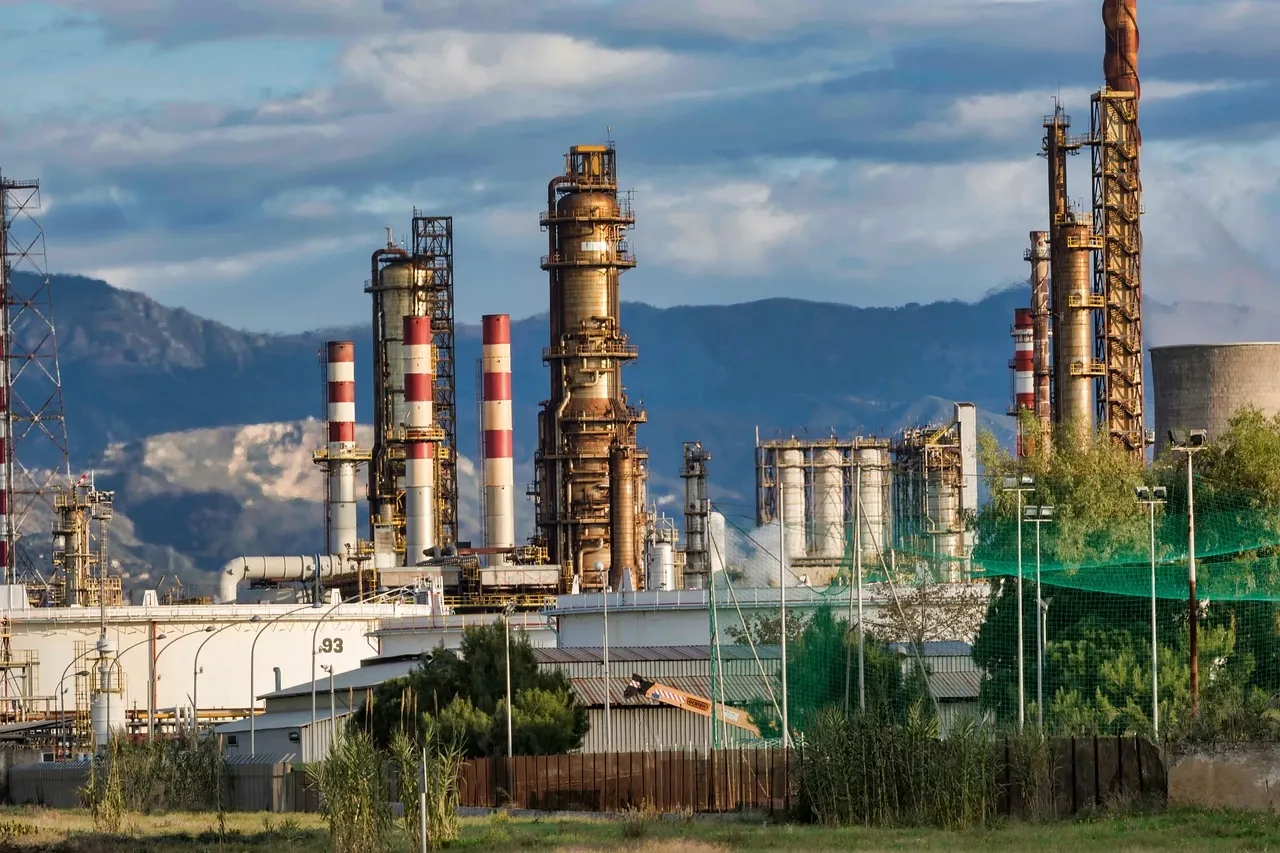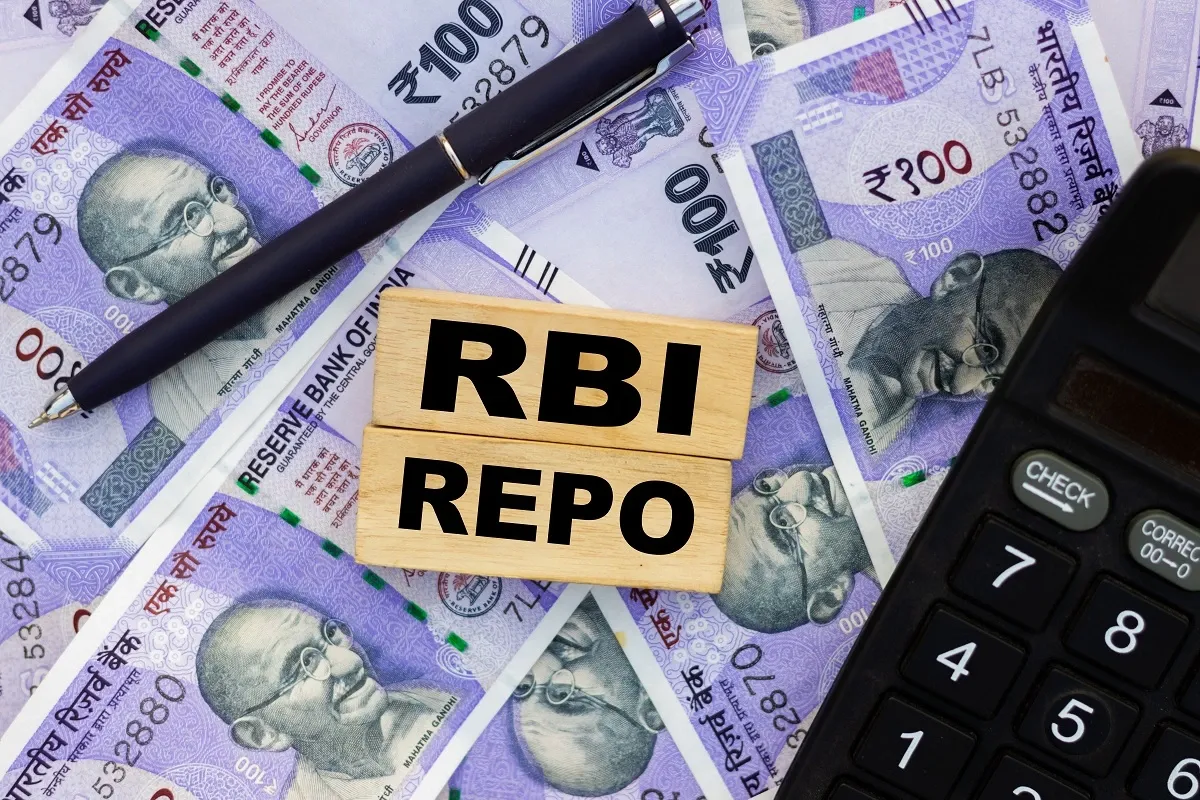Business News
No windfall tax on oil and gas firms after Oilfields Amendment Bill takes effect, says Hardeep Singh Puri; check bill provisions

6 min read | Updated on March 20, 2025, 19:03 IST
SUMMARY
The Oilfields (Regulation and Development) Bill, 2024 was passed in the Lok Sabha on March 12, 2025, after after being passed in the Rajya Sabha in December 2024. It is focused on enhancing the ease of doing business in exploration & production (E&P) and increasing domestic oil and gas production in India, which is the world’s third-largest crude oil importer.

The Oilfields (Regulation and Development) Bill is a part of the government’s agenda to reform the finding and production of crude oil and natural gas.
"After this bill, it will be difficult to levy (new taxes like) windfall tax because somebody will sue us (for failing to keep the promise of fiscal stability)," he said at a reception he hosted to celebrate the passage of the bill.
On March 12, 2025, the Parliament passed the bill which promises policy stability to investors, decriminalises several provisions and promotes ease of doing business. The bill was passed by the Rajya Sabha in December 2024 during the winter session of the Parliament. The bill is primarily focused on enhancing the ease of doing business in exploration & production (E&P) and increasing domestic oil and gas production in India, which is the world’s third-largest crude oil importer.
“The bill also aims to resolve one of the biggest grievances of global oil companies interested in investing in India by providing stability in operations, both in terms of tenure of the lease and conditions therein,” the Ministry of Petroleum & Natural Gas said in a statement.
Fiscal stability
A windfall profit tax is a type of tax imposed by governments on companies that experience high profits in an unexpected manner due to external factors rather than business improvements. It is often levied on industries like oil, gas, and mining when prices rise due to global events, supply chain disruptions or geopolitical conflicts.
Investors who are interested in investing in finding and producing oil and gas look for fiscal stability, and new taxes that cut down their profits when prices are high, without compensating for low/no margins when prices are low, act as a hindrance.
The taxes were reviewed every fortnight based on average oil prices in the previous two weeks, and the levy was scrapped in December 2024 after a period of 30 months.
Global oil majors have been exploring investments in India, Minister Puri said.
Petrobras, a Brazilian majority state-owned multinational corporation in the petroleum sector, is planning an exploration of the Andaman basins with state-owned Oil India Ltd. Oil and Natural Gas Corporation (ONGC) is in discussions with other energy sector majors like ExxonMobil and Equinor for collaboration in deepwater exploration.
The new legislation "creates conditions for all of them (international oil companies) to come and look at India," Puri said.
More about the Oilfields (Regulation and Development) Bill
The Oilfields (Regulation and Development) Bill is a part of the government’s agenda to reform the finding and production of crude oil, which is refined into fuels like petrol, diesel, and natural gas.
The Bill decriminalises some of the provisions of the Electricity (Supply) Act, 1948, by introducing penalties instead of imprisonment of up to six months. It also introduces 'petroleum lease' and expands the definition of mineral oils to include crude oil, natural gas, petroleum, condensate, coal bed methane, oil shale, shale gas, shale oil, tight gas, tight oil and gas hydrate. This is aimed at increasing domestic output and cutting dependence on imports as India currently imports over 85% of its crude oil and nearly half of its natural gas needs.
A petroleum lease is an agreement between a government and an oil and gas company giving the company rights to explore, extract and produce petroleum from a specific area for a defined period of time.
"We have 42 billion tonnes of oil and oil equivalent reserves and a sedimentary basin spanning 3.5 million square kilometers," Puri said, adding most of it is untapped.
The Bill includes a Statement of Objects and Reasons that highlight the need for amending the original Act of 1948 to align with the modern-day energy requirements of the country. The original Act was made for a different global energy scenario where electricity generation and distribution were largely controlled by state-run monopolies. The amendments are required to meet the current needs and goals of the country for energy access, security and affordability.
"Further, there is an urgent and pressing need to increase domestic production of oil and gas to meet the rising demand for energy and reduce import dependence of the country. In order to unlock valuable mineral oil resources, it is necessary to attract investment in the sector to infuse necessary capital and technology for expediting petroleum operations in the country by creating an investor-friendly environment that promotes ease of doing business, prospects for exploration, development and production of all types of hydrocarbons, ensures stability, promotes adequate opportunities for risk mitigation, addresses energy transition issues including next-generation cleaner fuels and provides for a robust enforcement mechanism for ensuring compliance of the provisions of the said Act," he said.
The Bill (Amendment) broadens the scope of mineral oils by delinking petroleum operations from mining operations, introduces petroleum lease, makes space for an environment facilitating energy transition and enhances petroleum operations through several rules made for governing the functional aspects (such as grants of leases or licences, their extension or renewal, sharing of production and processing facilities including infrastructure and safety at oilfields).
"It brings Ease of Doing Business by providing a single lease for all hydrocarbons, security of tenure and terms of the lease, decriminalises provisions and empowers independent private operators by enabling sharing of infrastructure and drives India's energy transition by facilitating GHG monitoring and comprehensive energy projects, underlining our commitment towards sustainable development," Puri said.
About The Author
Next Story

